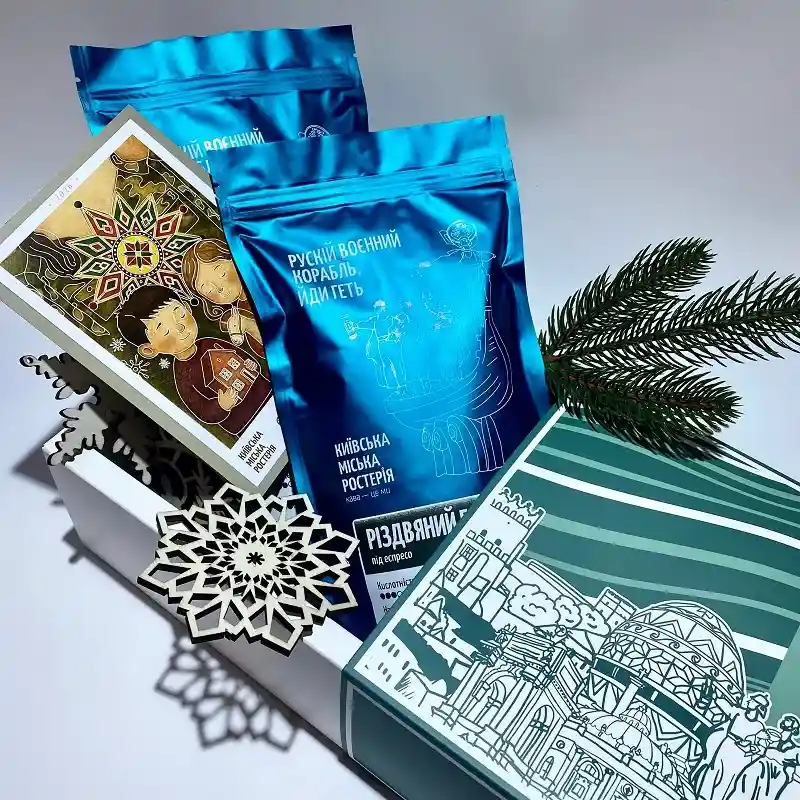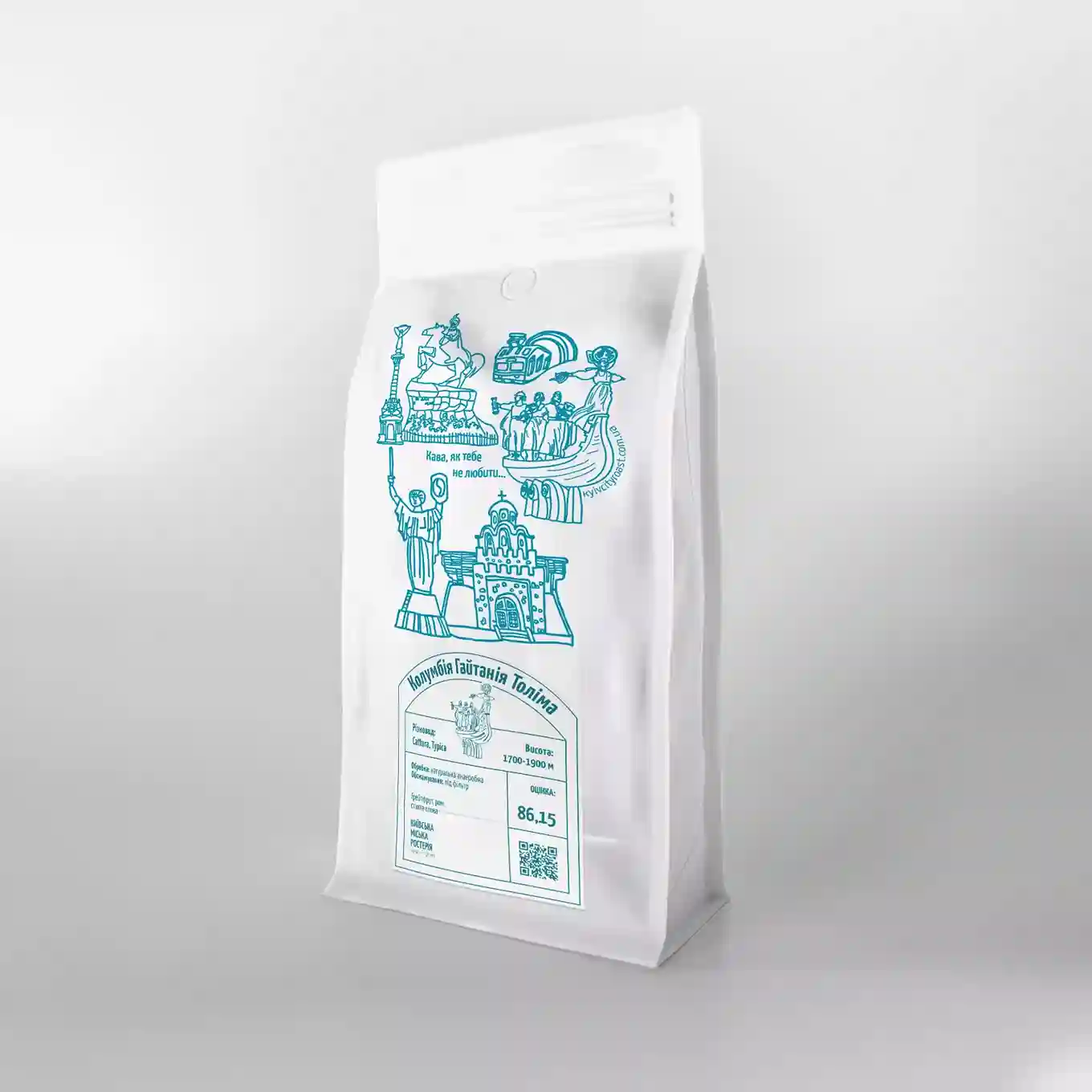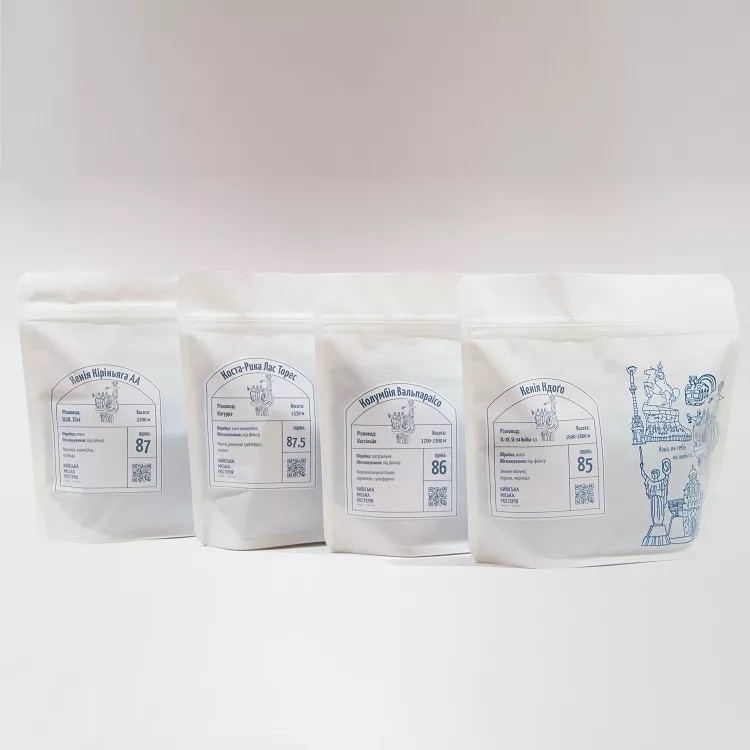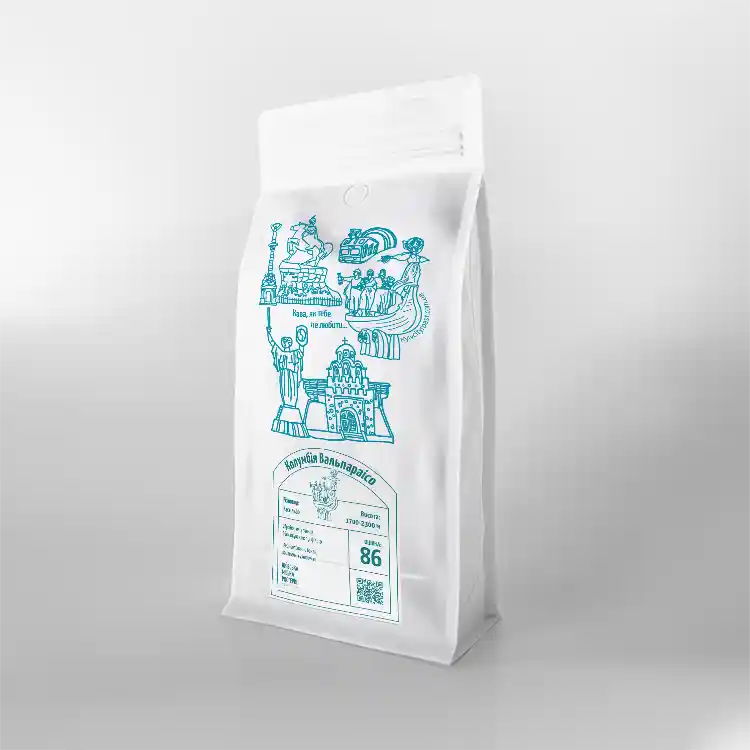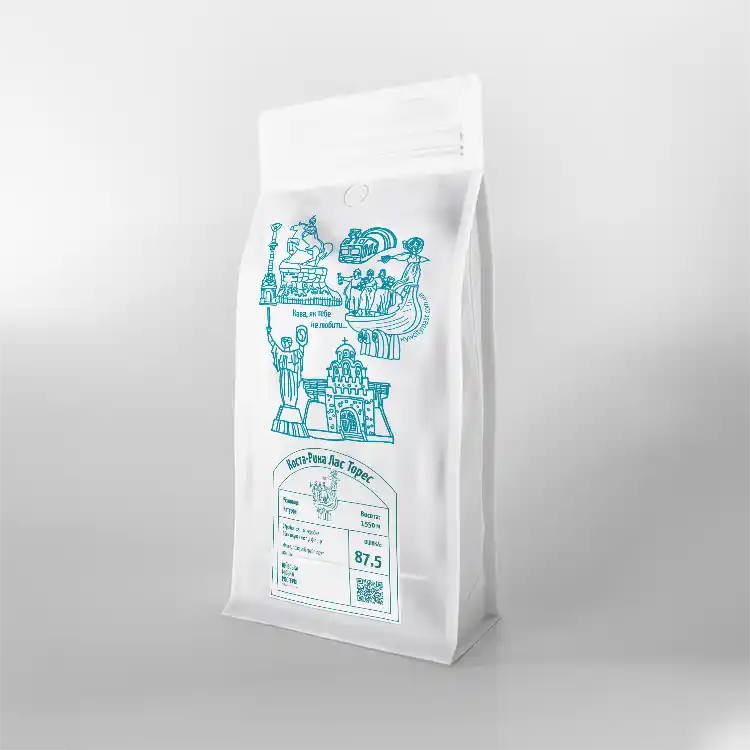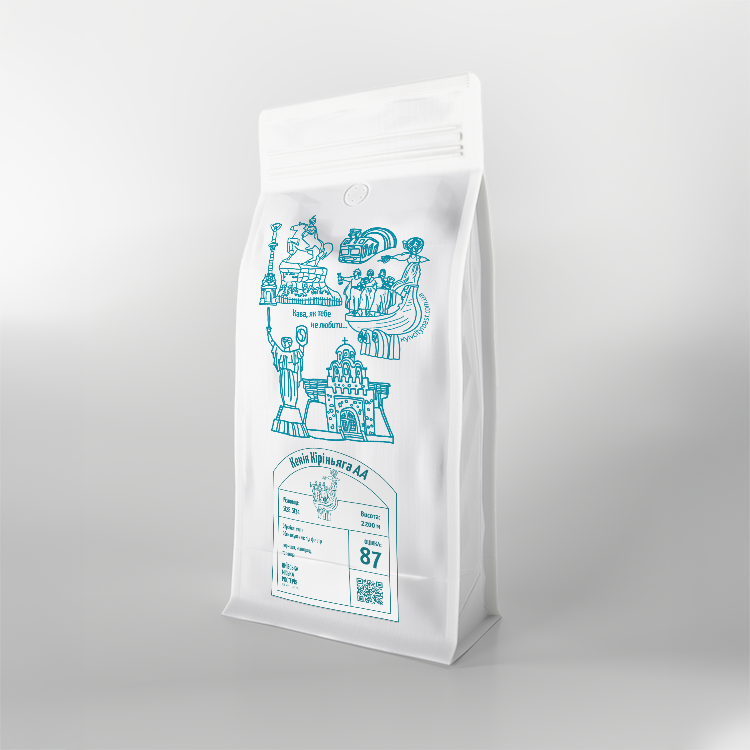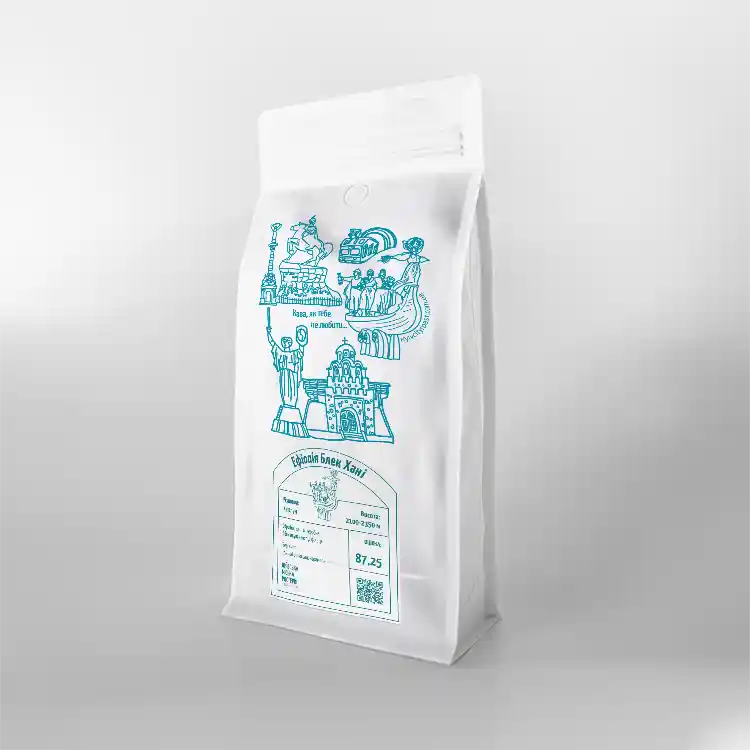Filter-roasted coffee
In the world of coffee drinks, there is a huge variety of preparation methods: espresso, cappuccino, French press, Turkish coffee, Aeropress – and each has its fans.
Filter coffee has been winning over the hearts of coffee lovers around the world in recent years. The method is not new, but thanks to the third wave of coffee culture, which emphasizes the quality of the beans, the subtleties of roasting and brewing methods, filter coffee is experiencing a kind of renaissance.
It is distinguished by its special purity of taste, light texture, and the ability to more fully reveal the aromatic potential of the grain.
Filtered coffee is not just a drink, but a ritual that allows you to slow down and enjoy the process. This method is ideal for those who appreciate transparent, bright, light flavors and want to truly experience the character of the coffee beans.
The essence of filter coffee
Filter coffee is a brewing method in which hot water is slowly passed through a layer of ground coffee beans in a filter, resulting in a clean, smooth drink with no sediment.
Unlike espresso, which is prepared under pressure, the extraction process in filter coffee is more delicate and controlled. This allows the water to extract the maximum aromatics from the beans, while leaving excess bitterness and oils in the filter.
This method involves using a drip coffee maker, pourover, Chemex, V60, or Aeropress — each of these options has its own nuances, but the basic principle is the same: water passes through the coffee, gradually extracting the flavor components.
Why is the filter method experiencing a renaissance?
The third wave of coffee culture has changed the approach to coffee consumption – from a simple source of caffeine, it has transformed into a product valued for its origin, processing, and unique flavor characteristics. Filtered coffee has become a favorite method of the specialty industry precisely because of its ability to reveal complex aromatic profiles that are difficult to experience in espresso or milk-based drinks.
Benefits of filtered coffee
Filter coffee has a number of advantages that make it popular:
-
-
Pure taste. The filter removes microparticles and oils from the drink, making the taste transparent and refined.
-
Delicate extraction. The slow brewing process allows for the release of maximum flavor without excessive bitterness.
-
Preserving the natural aroma of coffee beans. This method is particularly good at conveying all the taste and aromatic characteristics inherent in a particular terroir, which includes an infinite number of components, such as soil, amount of rainfall and sunlight intensity, and the altitude at which the coffee beans ripened.
-
A healthy way to prepare. Since filters retain essential oils that affect cholesterol levels, this type of coffee is considered more beneficial for the cardiovascular system.
-
Reduced caffeine levels. Filter coffee typically contains less caffeine per milliliter than espresso. Due to the longer brewing time and gentler extraction method, filter coffee releases caffeine gradually, without creating a sharp stimulating effect. This makes it a better choice for those who want to avoid overloading their nervous system but still enjoy the rich coffee flavor.
-
Bright natural acidity. The filter method preserves the natural acidity of the grain — the same acidity that gives coffee its liveliness and freshness. It is not bitterness, but a pleasant fruity or berry note that is associated with quality. It is the acidity that makes filter coffee similar to a good wine — multifaceted and interesting.
-
Choosing the perfect grains for filtration
If taste preferences are purely individual, then the grind, freshness of the coffee for the filter and the degree of roasting must meet certain requirements in order to obtain a balanced taste and aroma. Light or medium roasting is best for filter methods.
Minimally roasted filter coffee preserves all the natural notes and acidity of the bean.
What does light roasting mean?
Light roast is a minimal thermal effect on the beans, which preserves all the natural characteristics of the terroir. Light roast beans have higher acidity, pronounced fruity and floral notes. Medium roast adds more sweetness and balance, while maintaining the brightness of the flavor.
At Kyiv City Roastery, you will find clearly selected roasting profiles for each variety — our roasters take into account the density, moisture, and origin of the grain to unleash its maximum potential specifically for the filter method.
The origin of the beans is not critical, but baristas recommend paying attention to filter coffee varieties from the following regions: Ethiopia, Kenya, Colombia, Rwanda. These regions are famous for coffee with bright fruity, floral or berry notes, which are perfectly revealed in the filter.
Filter coffee should be ground medium. This degree of grinding of the coffee beans ensures a balanced taste.
It is best to grind the beans just before preparing the drink. Fresh beans retain more aromatic components. However, you can buy filter-ground coffee from a manufacturer you trust. It is important that the packaging is airtight. This is the key to preserving the freshness of the product.
How to choose filter coffee
Here are some tips for those who want to find “their” filter coffee:
- Choose freshly roasted coffee beans. The package should have a date on it, from which no more than 30 days have passed.
- Read the description of the flavor profile. Choose the flavor nuances that appeal to you.
Kyiv City Roastery offers a wide variety of notes: melon, pineapple, bubblegum, blackberry, rosehip, tomato, peach, white grape, blueberry, pink grape, light rose, etc.
Pay attention to the origin of the coffee. It also gives the coffee beans their characteristic flavor. Ethiopian coffee often has notes of bergamot and jasmine, Kenyan coffee has notes of grapes and currants, and Brazilian coffee has notes of nuts and chocolate.
Baristas advise consulting with consultants. This way you will learn about all the characteristics and features of preparing different types of coffee. Professionals will advise you on which product is right for you for preparing using the filter method.
Filter Coffee Making Techniques
The Golden Rule of Proportions
Coffee industry professionals follow a standard coffee to water ratio of 1:15 or 1:16 (i.e. 15 grams of coffee to 250 ml of water). This is the optimal ratio for a balanced extraction, when 18-22% of solubles are released from the coffee.
Too little coffee will result in a watery taste, too much will result in excessive richness and bitterness.
The bloom technique is the first secret to delicious coffee
The first 30-45 seconds after brewing is critical. When you wet the coffee with a small amount of water (about twice the weight of the coffee), degassing occurs – the CO₂ accumulated during roasting is released from the beans. The coffee “blooms”, increasing in volume. This stage ensures even extraction in the following stages. Freshly roasted filter coffee from Kyiv City Roastery exhibits a bright bloom, indicating the freshness of the product.
There are several popular methods of making filtered coffee, each of which allows you to reveal the taste qualities of coffee in its own way, giving new impressions of a familiar drink.
Pourover involves brewing coffee by pouring hot water through the grinds. The ground coffee for the filter is placed in a filter placed in a special funnel. The most famous is the V60 from Hario.
Thanks to the spiral shape of the funnel walls and the large opening at the bottom, the pourover allows you to get a clean, transparent taste and maximize the aromatic profile of the grain.
The Chemex is an elegant glass vessel with a wooden handle that doubles as a coffee maker and serving pitcher. It uses special thick paper filters that retain more coffee oils, making the taste exceptionally clean and delicate.
The drip coffee maker heats water and automatically pours it through the coffee in the filter. Suitable for daily use at home or in the office. The Aeropress also allows you to prepare filter coffee with a bright taste and good body.
Hot water is poured into a cylinder containing ground coffee for the filter, after which the mixture is left to steep for a few seconds. Then, using a piston, the liquid is pushed through a paper or metal filter into the cup. Thanks to the short brewing time (30–90 seconds) and gentle pressure, the coffee is rich but balanced, with a clean taste.
To get the perfect cup, follow the proportions carefully.
Ground coffee for the filter should be evenly moistened with water at a temperature close to 95℃. The optimal water temperature is 92-96°C. Too hot water (above 96°C) leads to overextraction and bitterness, too cold (below 90°C) to underextraction and a sour, “empty” taste.
Let the coffee brew for 30 seconds before adding the main water.
Common mistakes that lead to uneven extraction:
- Grinding too fine or coarse.
- Uneven wetting of coffee.
- Using poor quality water or old beans.
Variety of uses for coffee filters
Filtered coffee teaches you to savor slowly, to feel the difference and to enjoy every note. It is the perfect choice for cupping – a professional coffee tasting, when all the nuances of taste and aroma are appreciated.
In addition to the classic hot drink, filter coffee is ideal for:
-
Cold brew — cold infusion, where in 12-24 hours the water extracts sweet and soft notes without bitterness
-
Japanese iced coffee — a method of rapid cooling when coffee is brewed directly on ice
-
Coffee cocktails with tonic, citrus juices or liqueurs
-
Culinary experiments — filter coffee adds depth to desserts, sauces and marinades without interrupting the main flavors.
